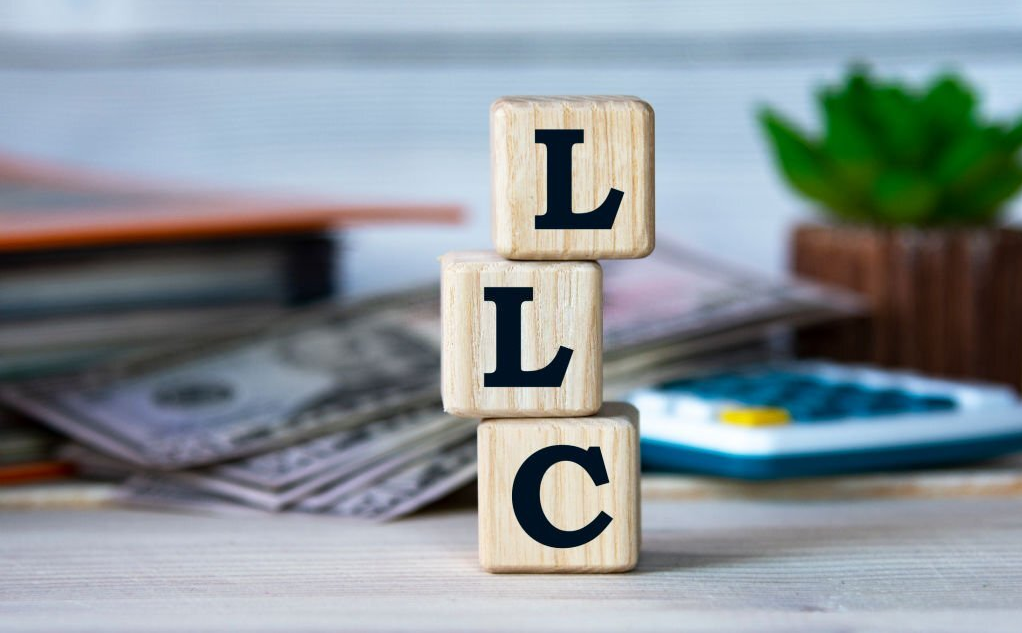
Thinking of launching your new business venture? You may start as a sole proprietorship or partnership. But you should consider opting for a Limited Liability Company due to the benefits of making yourself an LLC.
Compared to a corporation structure, an LLC business structure is easier to set up. Further, it proves extremely valuable when it comes to reducing your personal liability. Thus, business owners or investors can focus on business operations. And you won’t have to worry about personal liability in case the company doesn’t perform as per expectations.
Table of Contents
ToggleWhat Are the Benefits of Having an LLC?
Forming an LLC can benefit your business in many ways.
Reduces Personal Liability
As the name suggests, a Limited Liability Company offers limited personal liability. It helps you keep your personal finances separate from the business.
Also, you aren’t personally liable for the performance of your business. Unlike a sole proprietorship, your personal assets are secure from creditors. Thus, they can’t claim your real estate property, bank balance, or vehicles if your business defaults on a loan.
As long as you didn’t intentionally cause harm to creditors, you won’t lose personal assets to a lawsuit.
Easy to Form and Manage
The process of setting up an LLC is straightforward. So, you can apply for registration with ease. But it’s best to consult an accountant or a lawyer beforehand to be on the safe side.
There is limited paperwork involved when it comes to initial registration paperwork. The charges for the application process may vary depending on the state.
Further, the upkeep of a Limited Liability Company is easier than a corporation. Owners can play their role in day-to-day decision-making or hire a skilled manager for this purpose.
Taxation Benefits
LLC business structure enjoys the best taxation benefits. It’s because the IRS doesn’t have a separate classification for an LLC. Rather, a business is listed as a sole proprietorship, partnership, or corporation based on leadership hierarchy.
So, you can benefit from pass-through taxation. It means you won’t pay any corporate tax on the entity level. Instead, the income passes to the owner and you can pay taxes on personal income from the business. The corporate tax rate is 21%, whereas the personal tax rate can be as low as 10%. So, it can help you legally bring down the income tax net.
Fewer Paperwork Requirements
Running a sole proprietorship or partnership can make it difficult to keep personal and business finances separate. You can opt for a Corporation structure to achieve this goal. But corporations need to meet certain operational requirements that can be challenging for small business owners.
This is when the Limited Liability Company structure comes to your rescue!
It doesn’t require you to make comprehensive annual reports. You don’t need to hold annual shareholder meetings or pay a hefty sum to the state in annual fees.
Flexibility
When creating an LLC, there are no restrictions on the number of owners. You can add as many or as little business owners as you need. Further, there are no restrictions holding you back from partnering with a foreign shareholder.
LLC structure also proves helpful with management. There are no strict guidelines about profit distribution. So, you don’t necessarily need to divide it equally among owners. Or there’s no need to divide it based on your shares in the business.
Instead, business owners can reach a mutual understanding about profit sharing percentage. If one of the owners contributes more time and effort, you can offer them a greater share of profits regardless of their shares.
How to Create an LLC
It may be a good idea to create an LLC. It’s because a Limited Liability Company is easier to manage and reduces your personal legal liability. Also, it benefits entrepreneurs with taxation and involves fewer paperwork requirements.
It’s an attractive option. So, you should understand the basics of filing for an LLC.
Now that you know the benefits of making yourself an LLC, let’s move on to the next step. Here you can dig deeper into the process to create an LLC.
Know the Local Laws
Limited Liability Company formation laws may differ in states across the US. So, it’s best to get a grasp on local laws before registering your business. This procedure will save you from legal issues down the road.
You can also consult a lawyer or registered LLC agent to help you with compliance.
Register the Name
Ready to create a Facebook page or buy a domain for your business website? There’s another important step to create an LLC. First, you need to register your business name with the state office. It never hurts to conduct trademark research. This way you can come up with a unique business name and avoid intellectual property lawsuits.
You can get the filing form from your local State Secretary’s office or website. It’s called the certificate of organization or certificate of formation in some states.
Finalize the Operating Agreement
Next comes the task of preparing an operating agreement. This covers detailed information about how you intend to run your business. It includes LLC costs, management information, team details, and other business information.
File Tax Returns
It’s now time to meet regulatory requirements. You should apply for an EIN (Employer Identification Number) for your Limited Liability Company. With that, you can file annual tax returns and publish annual performance reports with ease.
The LLC structure works for everyone – from small startups to large businesses. The process to create an LLC may seem difficult but it’s actually pretty straightforward. So, don’t hesitate and lay the foundation for a successful future today. You can enjoy the several benefits of an LLC with this step.
